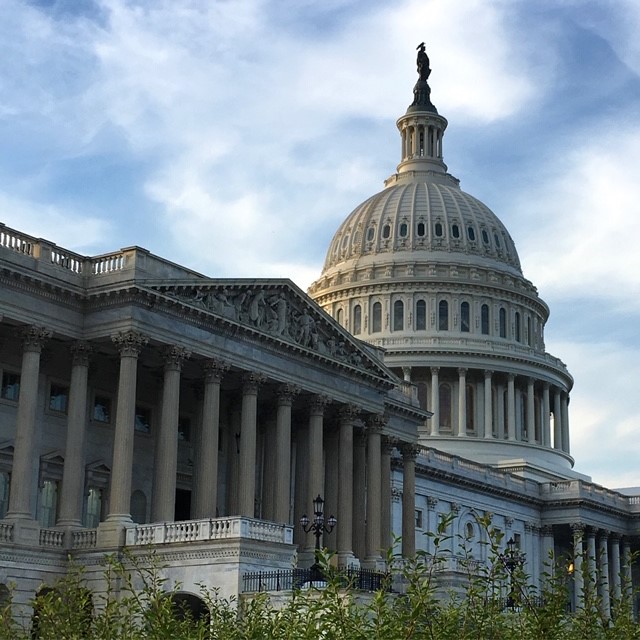 The U.S. Senate passed its version of the $1.9 trillion American Rescue Plan Act, by a vote of 50-49. The measure includes $350 billion for states, territories, tribes, counties, and cities – all of which would have the authority to transfer relief funding to special districts.
The U.S. Senate passed its version of the $1.9 trillion American Rescue Plan Act, by a vote of 50-49. The measure includes $350 billion for states, territories, tribes, counties, and cities – all of which would have the authority to transfer relief funding to special districts.
CSDA and the National Special Districts Coalition are currently crafting strategies to leverage this transfer authority when requesting special districts be part of the state’s programming of new relief funds.
With the Senate legislation, the $350 billion for state and local governments would be divided as such:
- $195.3 billion for states plus a $10 billion “capital improvement fund”
- $60.1 billion for counties
- $42.07 billion for cities, populations 50,000 or greater
- $18.03 billion for cities, populations less than 50,000
These governments may transfer funds to special districts, private nonprofits, public benefit corporations responsible for the transport of passengers and cargo, tribal nonprofits and native corporations.
Under the Senate version, relief could be used through December 31, 2024, for expenditures made to address the COVID-19 pandemic (examples could be: public expenditures, small business aid, household assistance); revenue reductions; as well as investments in water, sewer and broadband infrastructure.
Differences between the Senate and House versions of the American Rescue Plan Act will need to be reconciled with an agreement between the two chambers. House Speaker Nancy Pelosi, D-Calif., has signaled that changes made to the Senate pass muster with House Democrats.
Notable differences in the Senate bill’s state and local relief language compared to the House bill include the ability to use funds for water, wastewater and broadband infrastructure; and the addition of tribal nonprofits and native corporations under state/local funding transfer authority.
Additional funding and policies of potential direct and indirect impacts to special districts in the Senate’s version of the bill include:
- $1,400 in stimulus payments to individuals with annual income capped at $75,000 and phased out through $80,000.
- An additional $500 million for the low-income water and wastewater assistance program.
- Another $21.55 billion for the Emergency Rental Assistance program, which includes utility arrearages in eligible use of funds, available through Fiscal Year 2027.
- Newly-established $10 billion Homeowner Assistance Fund, which would assist homeowners behind on mortgage payments and utility bills, available through Fiscal Year 2025.
- $300 per week in enhanced unemployment benefits through September 6, 2021.
A simple majority is needed in both chambers to pass the final bill, which is expected to pass and be signed by March 15.
For more information or questions on this call to action, please contact Cole Karr, CSDA Federal Advocacy Coordinator, at colek@csda.net.